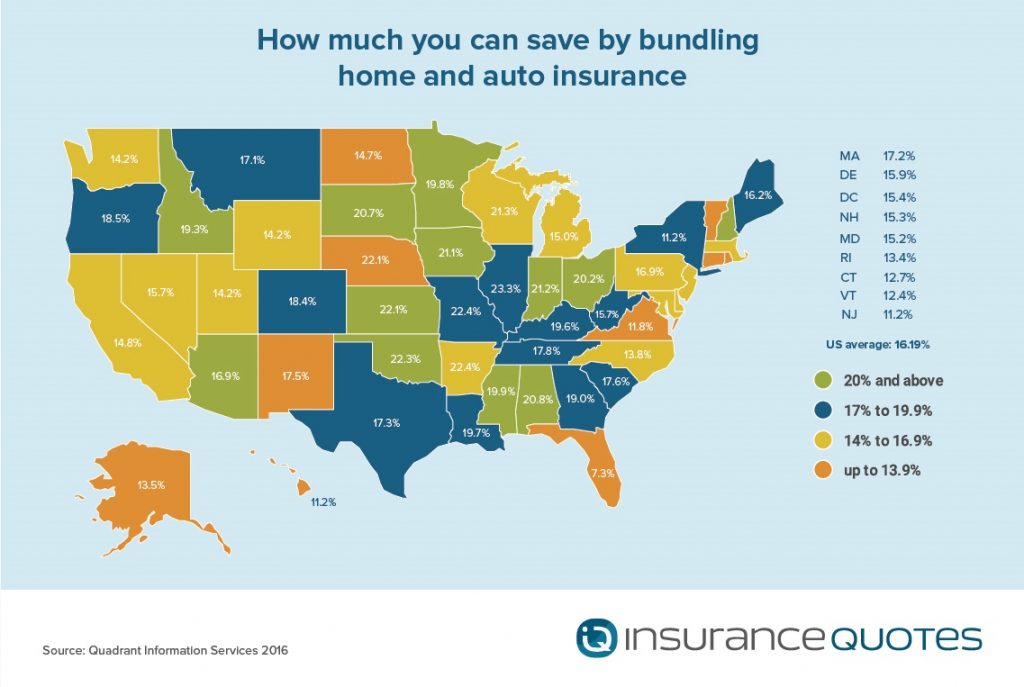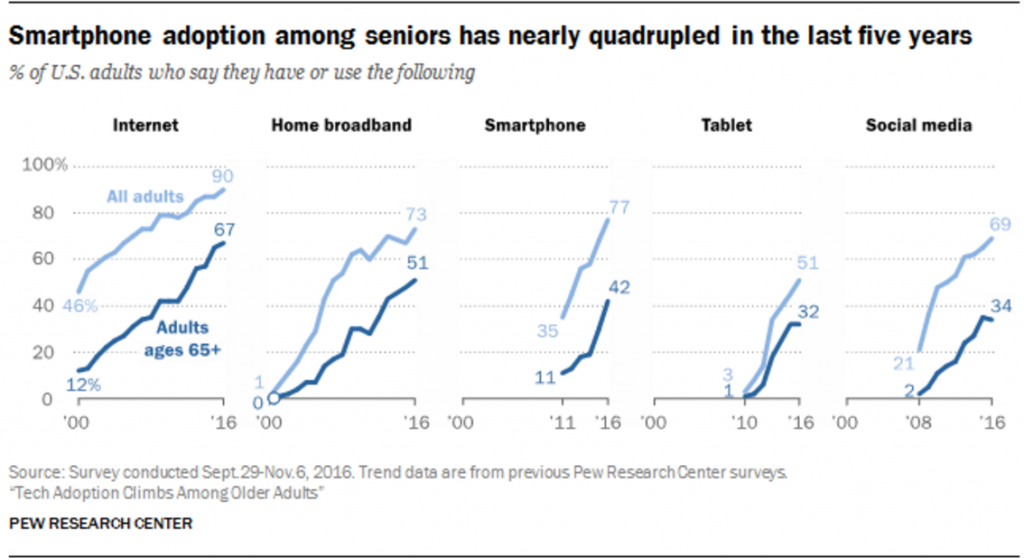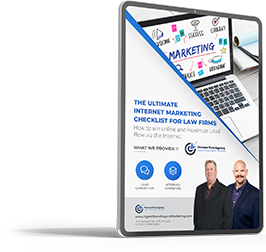I. Introduction
Google’s recent rollout of generative AI search is set to revolutionize the way users interact with search engines. For local insurance agencies, staying updated with these changes is crucial to maintaining a competitive edge. This article provides actionable insights for adapting SEO strategies in response to this new development.
Key Takeaways
- Generative AI Search Revolution: Google’s generative AI search introduces advanced machine learning to provide more accurate and comprehensive search results, shifting from keyword matching to understanding context and intent.
- Impact on Local SEO: The new AI search changes user expectations, emphasizes content relevance, and influences local search results, especially in map packs and local listings.
- Content Strategies: High-quality, relevant, and engaging content is crucial. Develop content that answers specific queries in a natural, conversational style using effective formats like blogs, FAQs, and service pages.
- Local Keywords: Optimize for local keywords by identifying and incorporating specific keywords and long-tail phrases that reflect natural search queries.
- Google My Business Optimization: Maintain a detailed and updated Google My Business profile. Encourage and manage customer reviews to enhance local visibility.
- Mobile Optimization: Ensure your website is mobile-friendly with responsive design, fast load times, and consider implementing Accelerated Mobile Pages (AMP).
- User Experience (UX): Enhance UX by making your site easy to navigate, visually appealing, interactive, and accessible to all users, including those with disabilities.
- Local Citations and Backlinks: Build consistent local citations and earn high-quality backlinks by collaborating with local businesses and participating in community events.
- Monitoring and Analytics: Track SEO performance using tools like Google Analytics and Google Search Console. Monitor key metrics and make data-driven adjustments to refine your strategies.
- Adaptation and Agility: As Google’s AI search evolves, local insurance agencies must remain agile and continuously adapt their SEO strategies to maintain a competitive edge in the digital landscape.
II. Understanding Google’s Generative AI Search
Generative AI search leverages advanced machine learning models to generate more accurate and comprehensive search results. Unlike traditional search algorithms that rely heavily on keyword matching, generative AI focuses on understanding the context and intent behind search queries. Key features include:
- Real-time information processing: Google’s AI uses a vast database of over a trillion facts to deliver real-time answers.
- Enhanced ranking systems: Combines decades of trusted ranking systems with AI capabilities to ensure high-quality results.
- Multi-step reasoning: AI can break down complex queries into simpler sub-questions, providing detailed and organized responses.
III. Impact on Local SEO
Generative AI search brings several changes to local SEO:
- Search behavior and expectations: Users will expect more precise and comprehensive answers to their queries.
- Content relevance: There is a higher emphasis on providing content that directly addresses user queries in a natural, conversational manner.
- Local search results: The way local search results are displayed, especially in map packs and local listings, may be influenced by AI’s understanding of local context and user needs.
IV. Adapting Content Strategies
Creating high-quality, relevant, and engaging content is more important than ever. Here are some strategies:
- Answer specific queries: Develop content that directly addresses common questions and concerns of your local audience.
- Utilize natural language: Write in a conversational style that matches how users naturally phrase their queries.
- Effective content formats: Use blogs, FAQs, and detailed service pages to provide comprehensive answers.
V. Leveraging Local Keywords
Optimizing for local keywords is crucial:
- Identify local keywords: Use tools and AI to discover keywords specific to your location and services.
- Long-tail keywords: Focus on long-tail keywords and conversational phrases that reflect natural search queries.
VI. Optimizing Google My Business (GMB) Profile
An optimized GMB profile is essential for local visibility:
- Detailed information: Ensure your GMB listing is complete with accurate details about your business.
- Regular updates: Keep your listing updated with the latest information and utilize new features offered by Google.
- Customer reviews: Encourage satisfied customers to leave positive reviews and actively manage and respond to them.
VII. Importance of Mobile Optimization
With the increase in mobile searches, ensuring your website is mobile-friendly is vital:
- Mobile-friendly design: Use responsive design to ensure your website looks good on all devices.
- Fast load times: Optimize your website to load quickly on mobile devices.
- Accelerated Mobile Pages (AMP): Consider implementing AMP for faster mobile page load times.
VIII. Enhancing User Experience (UX)
A good user experience is critical for SEO:
- Site navigation: Make sure your site is easy to navigate.
- Design and interactivity: Ensure your website is visually appealing and interactive.
- Accessibility and usability: Ensure your site is accessible and usable for all users, including those with disabilities.
IX. Building Local Citations and Backlinks
Local citations and backlinks are key for local SEO:
- Consistent NAP: Ensure your Name, Address, and Phone number are consistent across all listings.
- High-quality local backlinks: Develop strategies to earn backlinks from reputable local sources.
- Community collaboration: Partner with local businesses and participate in community events to build links and citations.
X. Monitoring and Analytics
Track your SEO performance and the impact of generative AI:
- SEO tools: Use tools like Google Analytics and Google Search Console to monitor your website’s performance.
- Key metrics: Track metrics such as traffic, bounce rate, and conversion rate.
- Data-driven adjustments: Use insights from your data to refine and adjust your SEO strategies.
XI. Conclusion
As Google’s generative AI search continues to evolve, local insurance agencies must stay agile and adapt their SEO strategies accordingly. By focusing on high-quality content, optimizing for local searches, and continuously monitoring performance, agencies can maintain a competitive edge in the ever-changing digital landscape.
FAQs
What is generative AI search?
Generative AI search uses advanced machine learning models to generate more accurate and comprehensive search results by understanding the context and intent behind queries, rather than relying solely on keyword matching.
How does generative AI search impact local SEO for insurance agencies?
Generative AI search changes user expectations, emphasizes content relevance, and influences how local search results, especially in map packs and local listings, are displayed.
What content strategies should local insurance agencies adopt in response to generative AI search?
Agencies should create high-quality, relevant, and engaging content that answers specific queries in a natural, conversational style. Effective content formats include blogs, FAQs, and detailed service pages.
Why are local keywords important and how can I optimize for them?
Local keywords are crucial for targeting specific geographical areas. Optimize by identifying and incorporating these keywords and focusing on long-tail phrases that reflect natural search queries.
How can I optimize my Google My Business (GMB) profile?
Ensure your GMB listing is complete with accurate details, regularly updated, and utilize new features offered by Google. Encourage and manage customer reviews to enhance local visibility.
Why is mobile optimization important for local SEO?
With the increase in mobile searches, having a mobile-friendly website is vital. Ensure your site uses responsive design, loads quickly, and consider implementing Accelerated Mobile Pages (AMP).
How can I improve the user experience (UX) on my website?
Enhance UX by making your site easy to navigate, visually appealing, interactive, and accessible to all users, including those with disabilities.
What are local citations and backlinks, and why are they important?
Local citations are mentions of your business’s name, address, and phone number on other websites. Backlinks are links from other sites to yours. Both are key for local SEO as they help build credibility and improve search rankings.
What tools can I use to monitor my SEO performance?
Use tools like Google Analytics and Google Search Console to monitor your website’s performance, track key metrics such as traffic, bounce rate, and conversion rate, and make data-driven adjustments to your SEO strategies.
How can local insurance agencies stay competitive with the evolving AI search landscape?
Agencies must stay agile, continuously adapt their SEO strategies, focus on high-quality content, optimize for local searches, and monitor performance to maintain a competitive edge in the digital landscape.
This article is a collaboration between Carl Willis and OpenAI’s ChatGPT. Created on June 11,2024, it combines AI-generated draft material with Willis’s expert revision and oversight, ensuring accuracy and relevance while addressing any AI limitations.





